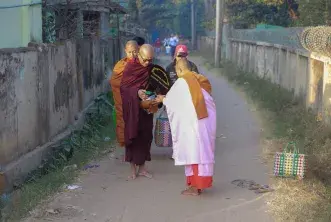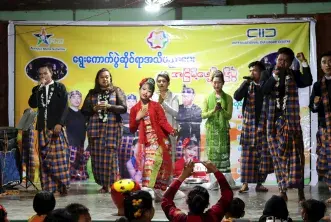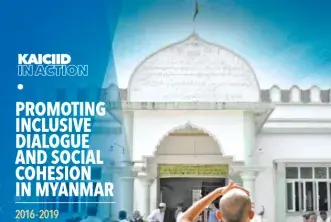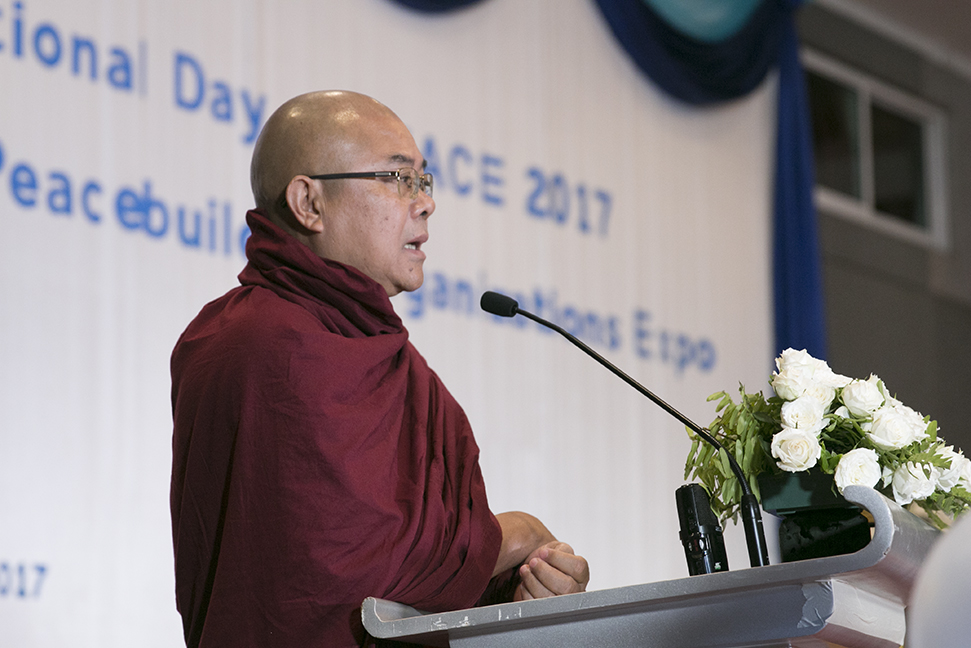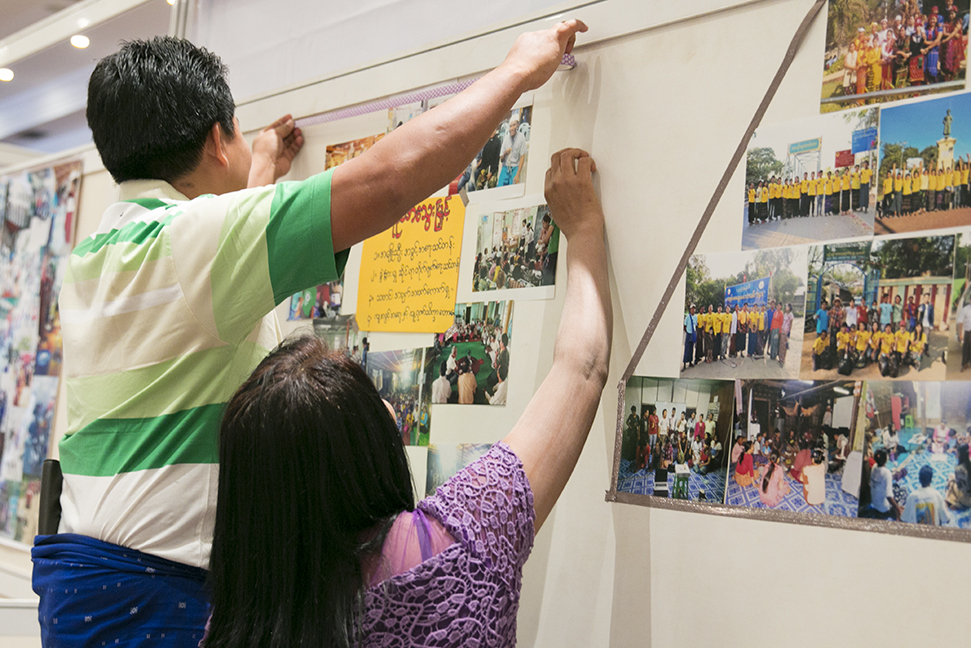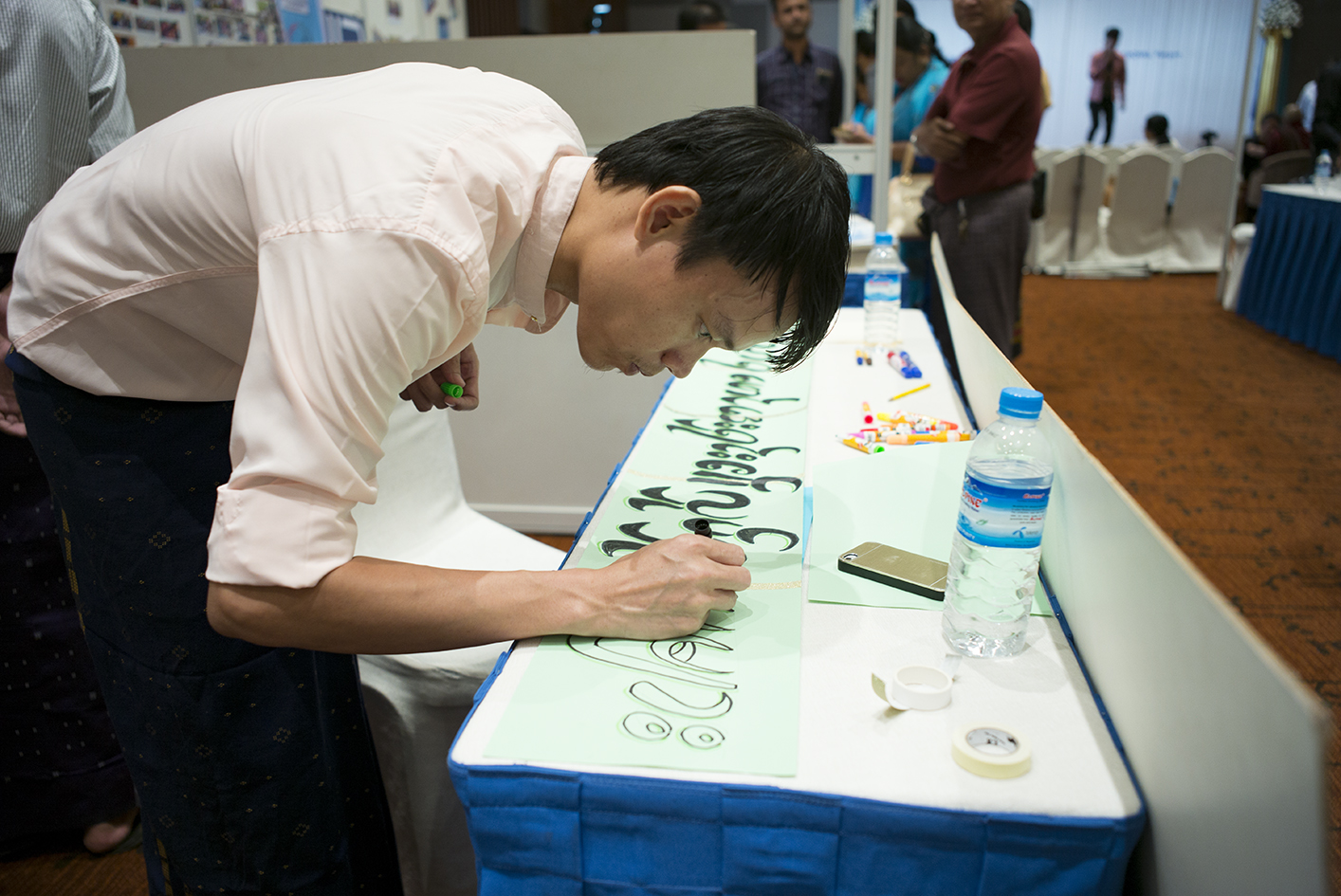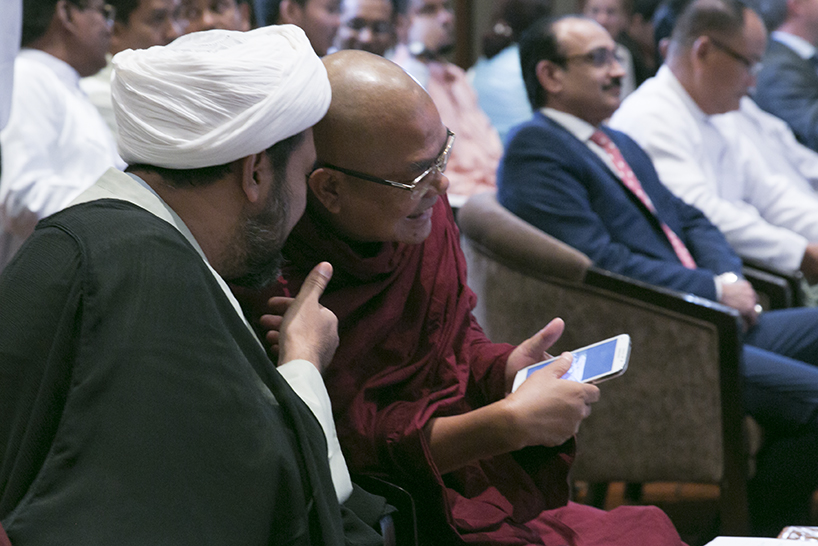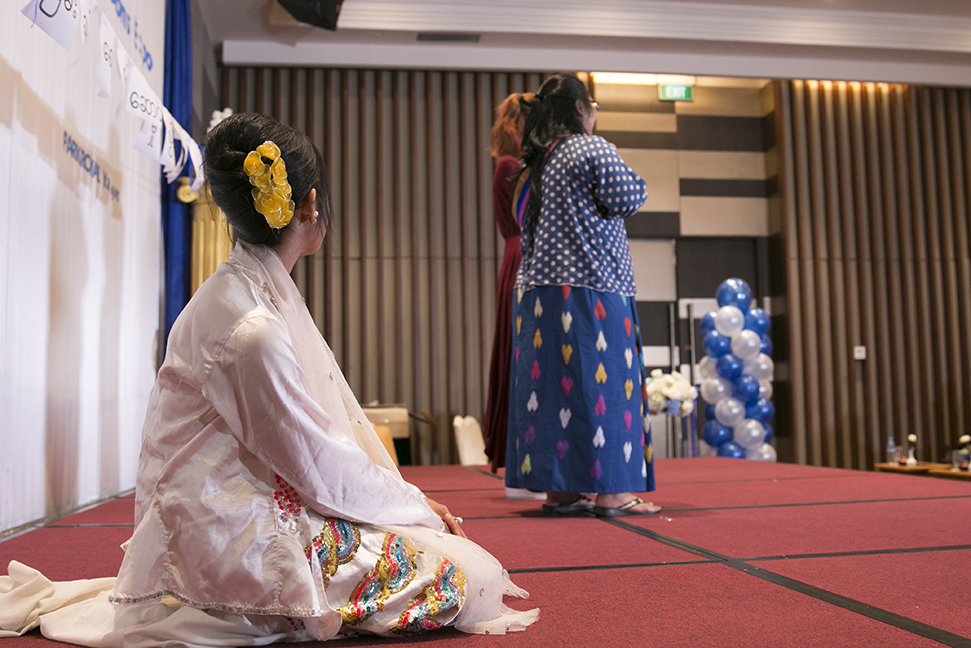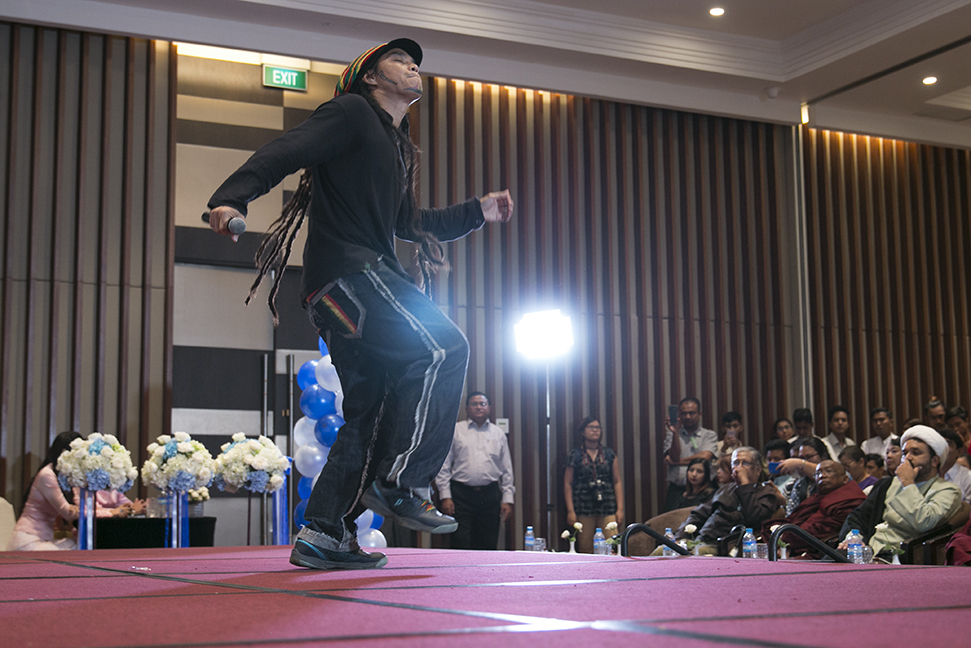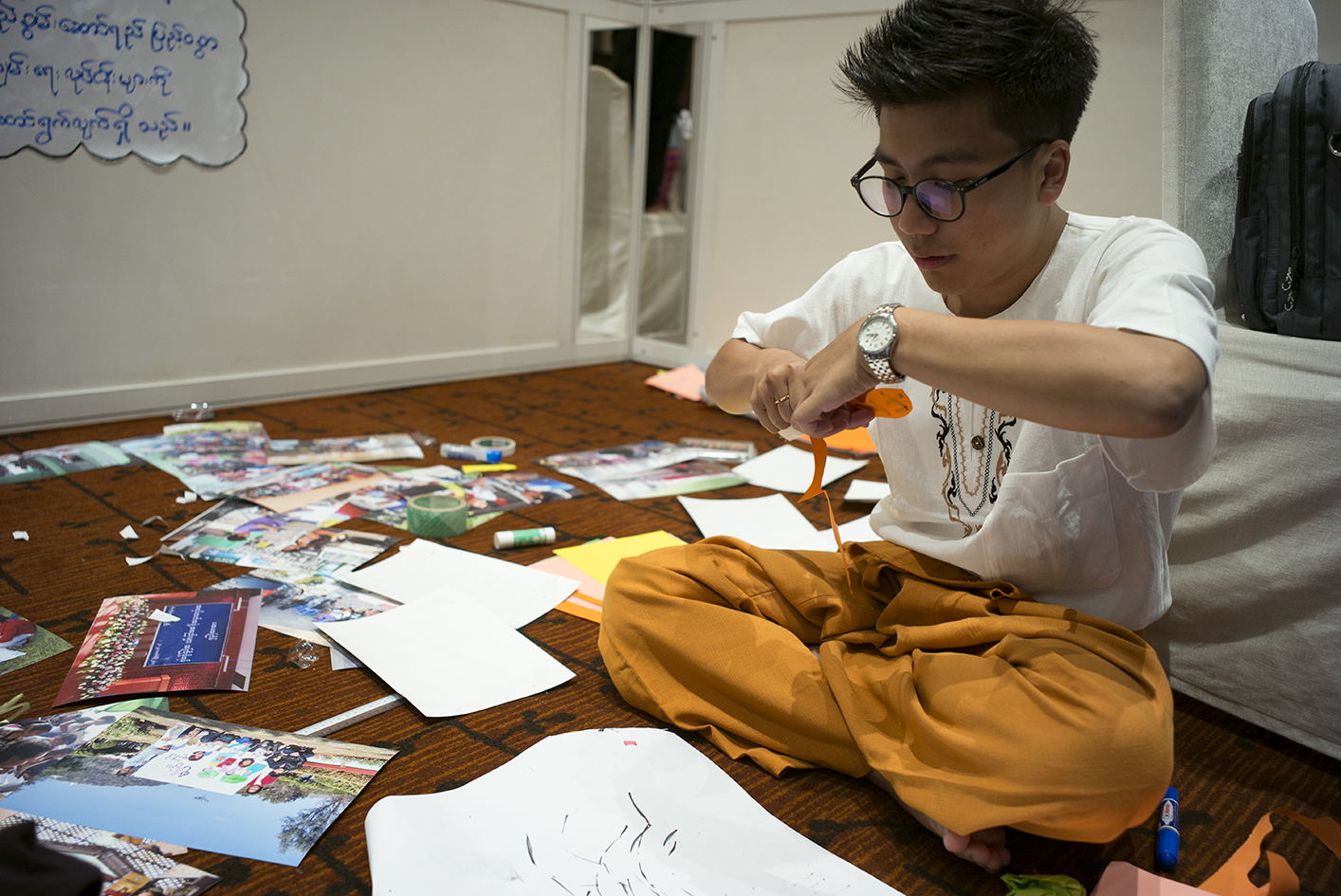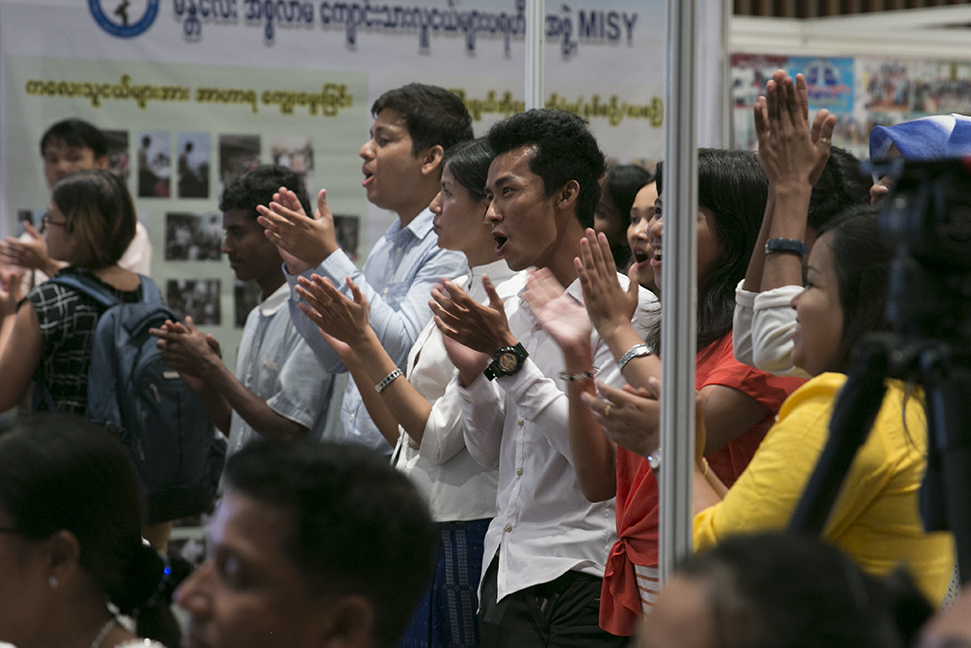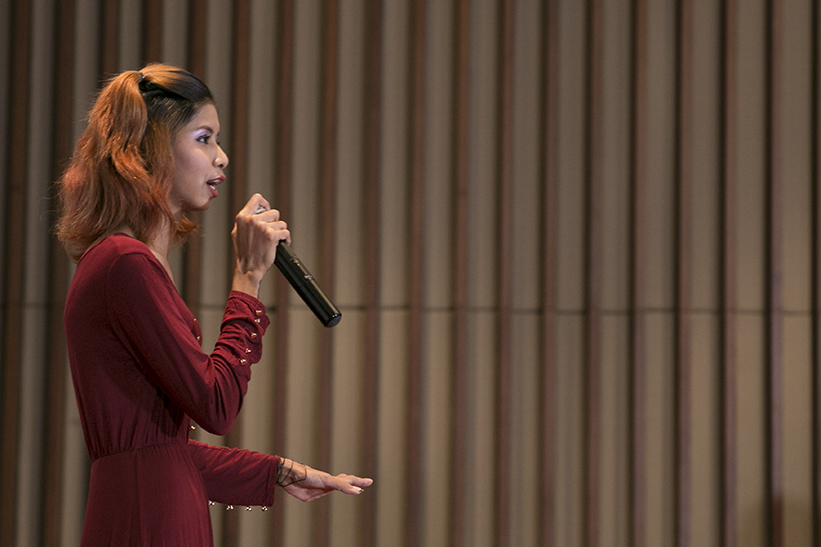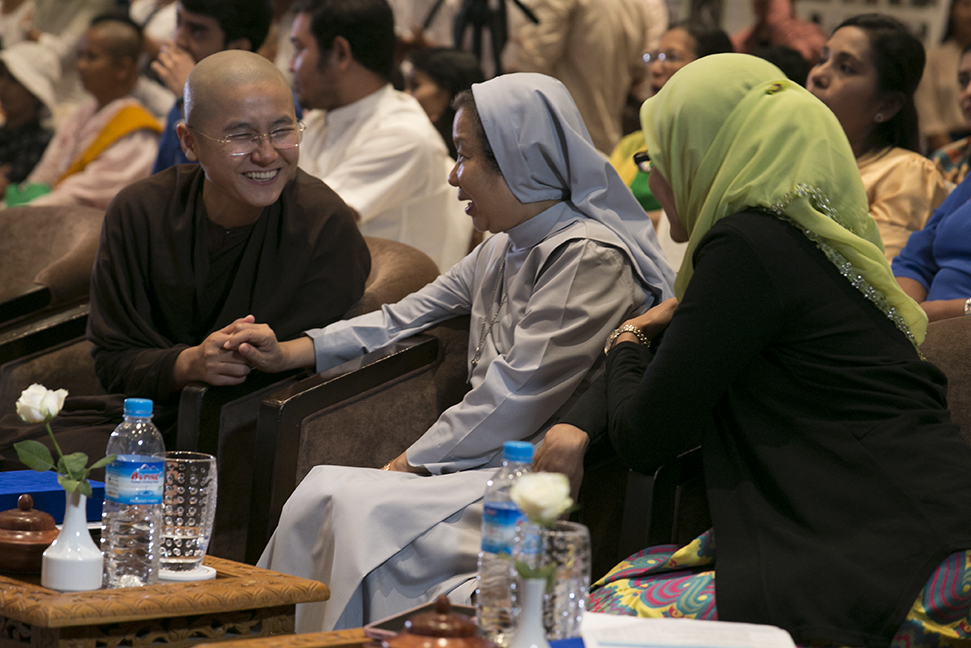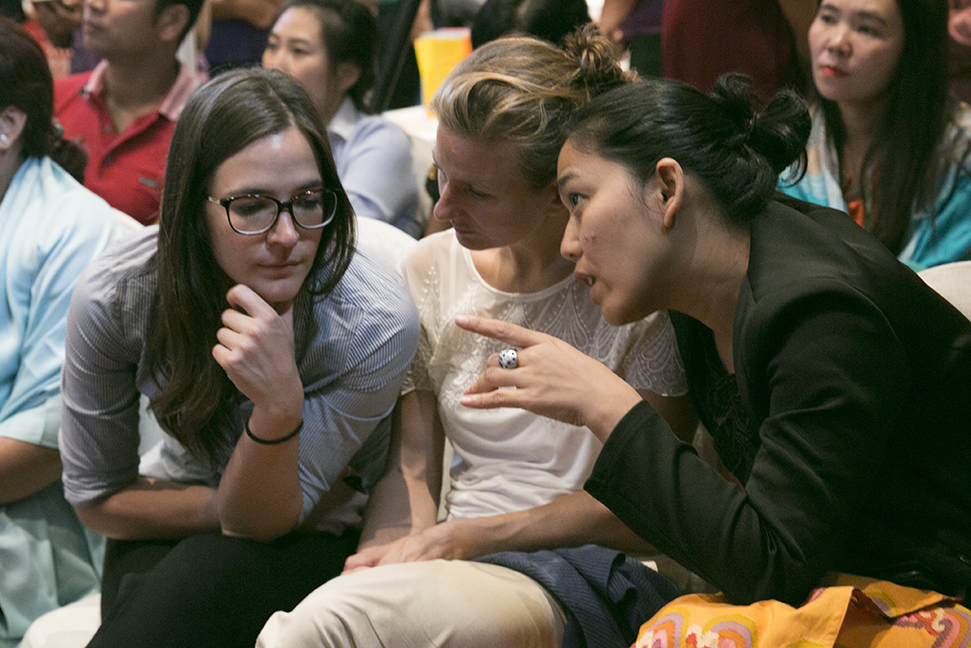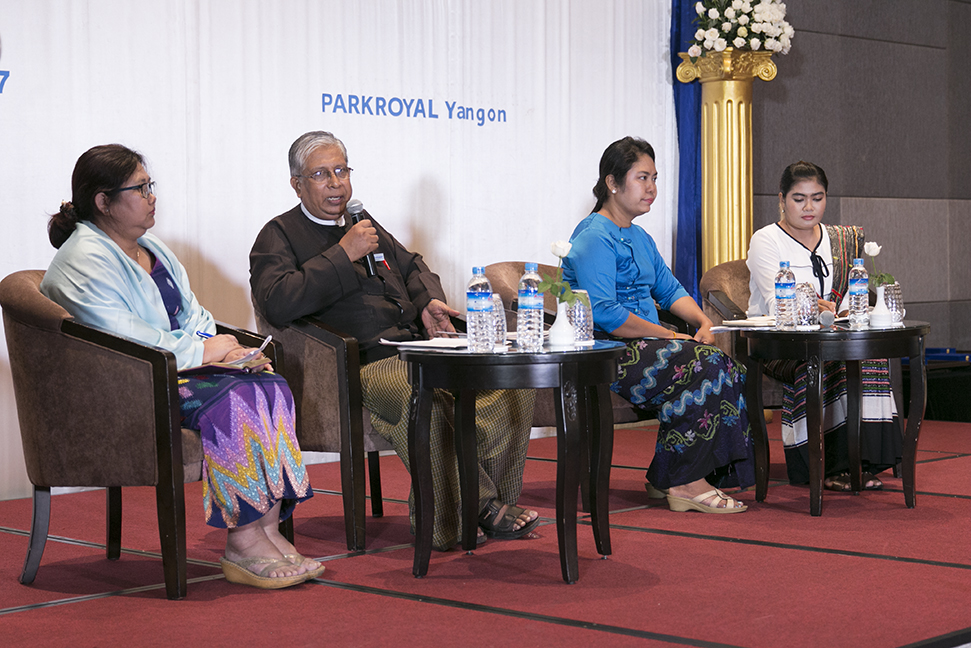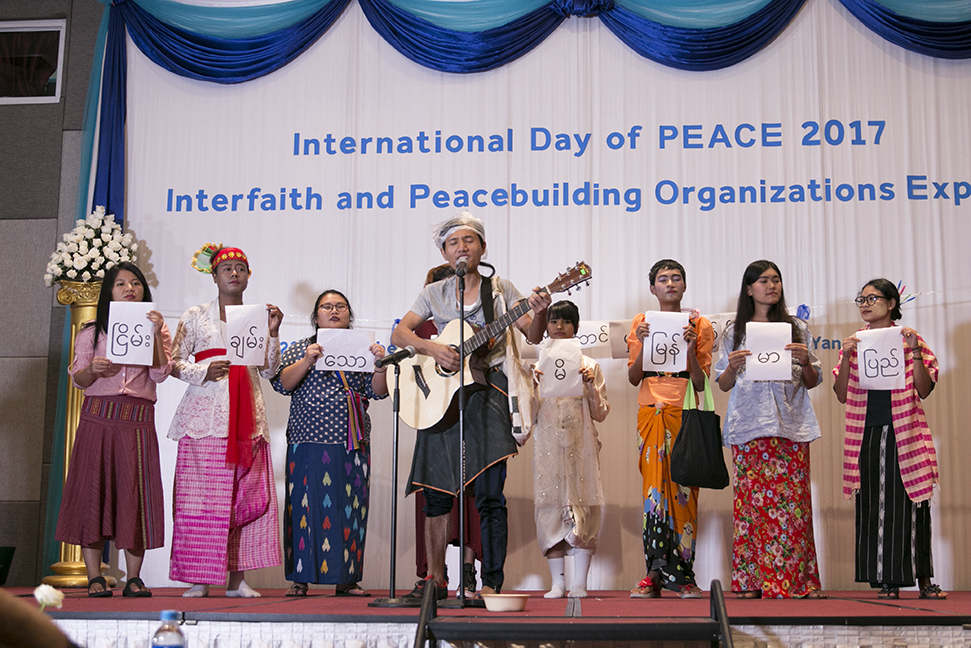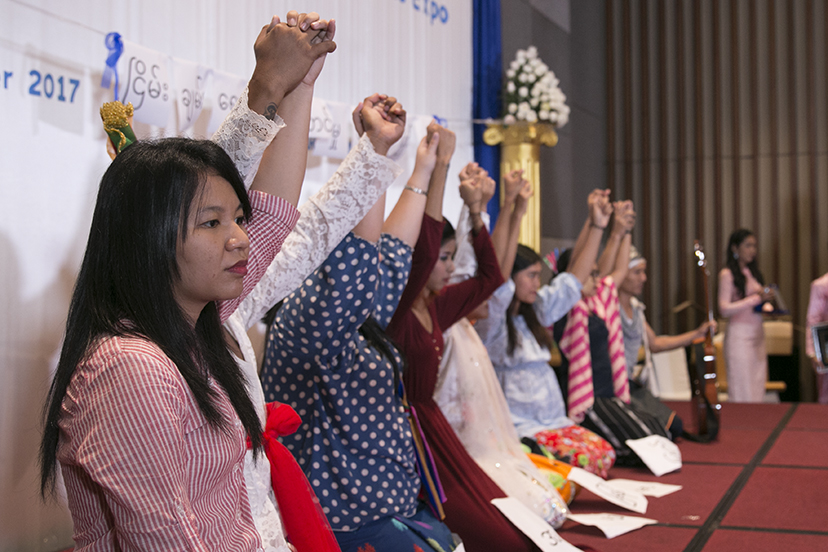Supporting Inclusive Dialogue in Myanmar
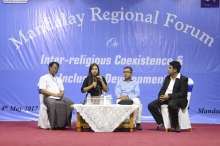
Myanmar, the second largest country in South-East Asia, with around 56.8 million inhabitants, is a country facing both political and economic transition. It struggles with identity issues along ethnic and religious lines (with more than 135 recognized ethnic groups). A number of violent attacks target the Muslim community in various parts of the country, particularly in the Rakhine State.
A surge of violence erupted again in August 2017, which resulted in over 1,000 people killed, according to the UN special rapporteur on human rights in Myanmar, while Médecins Sans Frontières reported casualty numbers of 6,700 people killed. The UNSG has called on Myanmar authorities to end violence against the Rohingya.
Following violent tensions in this region in October 2016, the UN High Commissioner for Human Rights issued a report in 2017 which spoke of the “devastating cruelty” deployed against the Rohingyas by Myanmar’s security forces; documenting serious human rights violations.
The newly elected government faces a huge challenge in calibrating its political, policy and security responses to keep violence under control. Negotiations for a national peace settlement with the ethnic armed groups have yet to make any significant progress. Although the government argues that the Rohingya are illegal migrants from Bangladesh and has made no real effort to provide them any formal legal status, recent events show that it has started increasingly turning against the radical groups. More than half a million Rohingya refugees have fled a violent offensive since August 2017, with the UN repeatedly calling “to suspend military action, end the violence, and uphold the rule of law.”
KAICIID’s overall objective is to promote interreligious dialogue, coexistence and reconciliation between the followers of the main religious traditions in the country. The programme makes an impact through:
1. Supporting and strengthening an inclusive and sustainable national interfaith dialogue platform - the Peaceful Myanmar Initiative
2. Training of religious and community leaders on interreligious dialogue in pilot regions, with a focus on using social media as a space for dialogue
3. Supporting local peacebuilding initiatives through a small grants scheme, awareness raising campaigns and interfaith forums
4. Initiating pilot activities through local partners also in Rakhine State
To date the programme has:
• Established a new network for peace & interreligious dialogue in Myanmar (PMI) in 2016, which has become one of the largest and most inclusive interreligious networks in the country, organizing high-impact activities
• Officially opened an IRD Training Centre, led by the PMI, which is the first of its kind in Myanmar– the Centre provides skills in religious literacy, countering hate speech and preventing conflict through social media
• Organized an interfaith harmony expo on the International Day of Peace in Yangon, with more than 300 participants which was televised on the official TV channel
• Trained 443 religious leaders and civil society activists on promoting peace and interfaith harmony in Myanmar, through the PMI network and pool of “Peace educators” (2017)
• Developed and published an Interfaith Study Guide on Peace and Dialogue, which is used by PMI Peace Educators in Myanmar
• Conducted a needs assessment study to map out the current IRD landscape and key stakeholders and issued recommendations for further interaction
• Launched three large scale PMI led interfaith dialogue events in Myanmar, including the Myanmar Interreligious Dialogue Forum, in Yangon, which brought together religious leaders from all States and Divisions of the country
• Launched PMI social media pages to promote peace & interfaith work in Myanmar with over 14,000 followers
The Peaceful Myanmar Initiative (PMI) is a multi-religious and inclusive network composed of 50 prominent religious leaders from various faith traditions (Buddhists, Christians, Hindus and Muslims) and civil society organizations who promote peaceful dialogue across Myanmar, including in Rakhine State. PMI and its partners aim to serve as sustainable networks and platforms. Through them, these Burmese-led activities aim to build bridges between diverse religious, ethnic, political and regional communities.
On this complex backdrop, KAICIID and its local partner network, the Peaceful Myanmar Initiative (PMI), a multi-religious network of religious leaders and CSOs, are focusing on the development of dialogue activities as part of local peace advocacy efforts, to revive the spirit of tolerance in the country.
